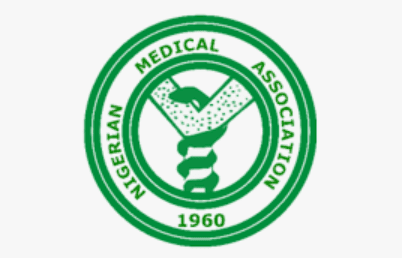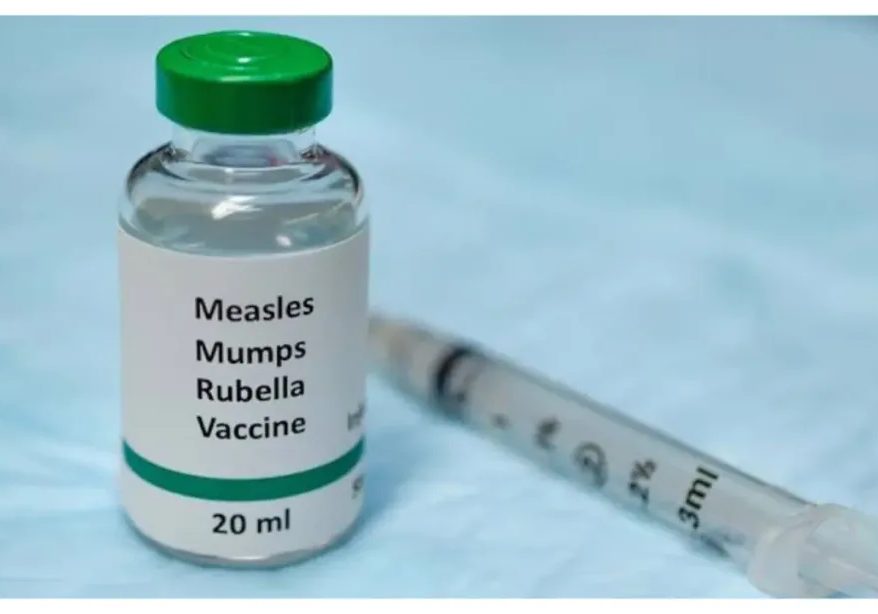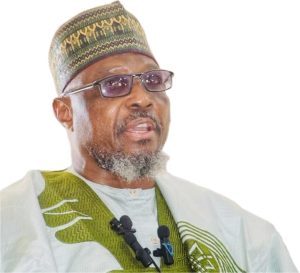Nigeria’s Health Sector Struggles Amid Poor Remuneration and Brain Drain
As Nigeria marks its 64th independence anniversary, the country’s health sector is facing significant challenges, including poor remuneration, outdated equipment, and a mass exodus of health professionals. The Nigeria Medical Association (NMA) has expressed concerns about the sector’s resilience in the face of these challenges and has called for urgent interventions to retain health workers.
According to the NMA, about 16,000 doctors have left the country in the last five years, leaving only 55,000 licensed doctors in the country. This exodus has been attributed to poor remuneration, inadequate equipment, and a lack of job security. The NMA has emphasized that the sector’s performance is directly linked to the country’s economic situation, and that addressing the economic challenges is crucial to improving the health sector.
The NMA President, Prof Bala Audu, highlighted the challenges faced by the sector, including the shortage of highly skilled professionals, outdated equipment, and the high cost of maintaining and repairing equipment. He emphasized that the most critical issue is the shortage of highly skilled professionals, many of whom have left the country for various reasons.
To address the challenges, the NMA has called for a combination of a well-equipped work environment, adequate security, and proper remuneration to retain healthcare workers. The association has also emphasized the need for adequate funding and commitment to utilize such funds effectively.
The Lagos State NMA Chairman, Dr Saheed Babajide, echoed the concerns of the NMA, stating that the health sector has not improved in the past eight years. He called on the president to reduce or eradicate the japa syndrome by increasing the remuneration of healthcare workers in line with the current economic situation of the country.
The NMA has also advocated for the implementation of non-taxable call duty allowances and welfare packages such as housing and car loans, as well as the training and retraining of doctors in administrative and professional courses.
The Nigerian government has implemented some measures to address the challenges, including the National Policy on Health Workforce Migration to reverse the japa syndrome. However, experts have warned that it will take the country 20 years to produce enough health workers needed to fill the void and attend to the health needs of the citizens.
As Nigeria looks to the future, it is clear that addressing the challenges facing the health sector is crucial to improving the country’s overall well-being. The government, healthcare professionals, and citizens must work together to address the challenges and ensure that the country’s health sector is equipped to provide quality healthcare to its citizens.









